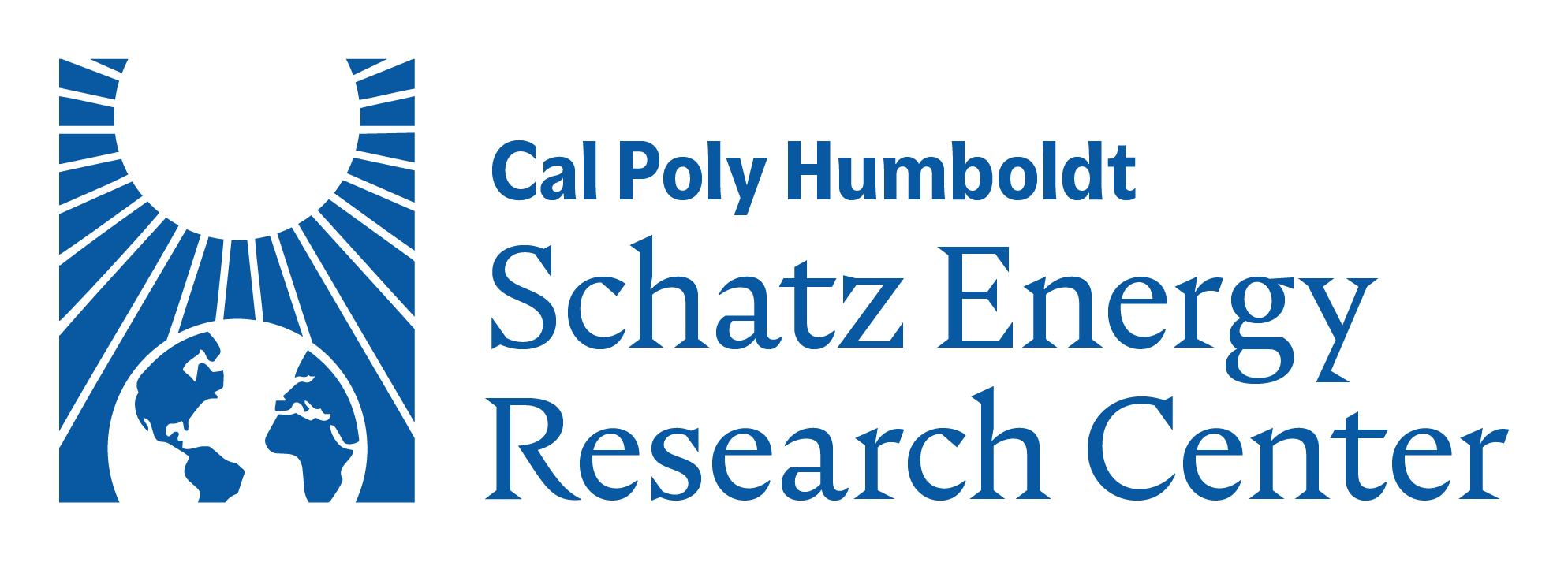Article written by Arne Jacobson
Note: The title of the program was changed to Energy Technology and Policy, ETaP, in Fall 2011. The curriculum and program remain the same.

We are pleased to launch a new and exciting graduate program at Humboldt State University. This semester we welcomed the first class of students in the interdisciplinary “Energy, Environment, and Society” (EES) program. Students in EES earn a Master of Science (M.S.) degree in Environmental Systems with an emphasis in Energy, Environment, and Society. We begin this fall semester with a solid group of 10 graduate students, and we expect that the program will grow quickly from this initial base. You can check out the program at www. humboldt.edu/~ere_dept/grad/cat/eesgradhome.php.

While the energy-environment-society nexus has long provided important areas for study, the threat of global climate change has created increasing demand for professionals, researchers, and academics with the expertise to play a role in mitigating this problem. The passage last year of the landmark California Global Warming Solutions Act of 2006 and the associated job creation that it has already sparked highlights this trend. The EES program is designed to prepare students for careers in this expanding area of work.
The EES program is the newest component of HSU’s longstanding tradition of innovative, environmentally oriented academic programs. For example, the Environmental Resources Engineering program has a rigorous and respected renewable energy and energy efficiency curriculum that dates back to the 1970s. In addition, the university is well known for its excellence in natural resource sciences and environmental economics. The university also has strong programs in areas such as political science and international development. EES builds on this existing foundation, and its students have access to a diversity of relevant course offerings.
The EES faculty is a multi-disciplinary group that includes members from all three colleges at HSU. The core members of the group include Arne Jacobson, Peter Lehman, and Charles Chamberlin (Environmental Resources Engineering), Sarah Goldthwait (Oceanography), Steve Hackett (Economics), and Llyn Smith (Anthropology). In addition, a number of affiliated faculty members from departments ranging from Political Science to Forestry and Watershed Management will play supporting roles.
Students in the EES program have opportunities to involve themselves in a number of research programs and hands-on energy projects. Some of these opportunities are through faculty and groups with which the EES program is affiliated, including the Schatz Energy Research Center (SERC), the Renewable Energy Student Union (RESU), and the Campus Center for Appropriate Technology (CCAT). Others are student led initiatives.
This semester, our students are working to install a renewable energy system at the Smith River Alliance’s environmental education center on the scenic Smith River. They are also working to develop a low cost method to evaluate Humboldt County’s wind energy resource. On the international front, EES students are involved in projects ranging from an effort to use biogas digesters to reduce greenhouse gas emissions associated with pig farming in Mexico to an initiative to evaluate the potential to use white light emitting diode (LED) technology as a substitute for kerosene lighting in Kenya. To see these and other examples of the exciting projects that EES students are doing, visit the program website at www.humboldt.edu/~ere_dept/grad/cat/subcat/eesprojects.php.
EES is an excellent program for students with backgrounds in science and engineering, economics, business, and the social sciences. Details of who should apply and how can be found at the program’s website. Prospective students interested in international or US based work related to energy and the environment can apply for scholarships such as the prestigious Schatz Energy Fellowship.
Our interdisciplinary curriculum combines hands-on learning opportunities with rigorous courses in areas including energy technology and policy, engineering, climate science, and international development. We welcome applications from students who are interested to make a difference in these important fields of study.













